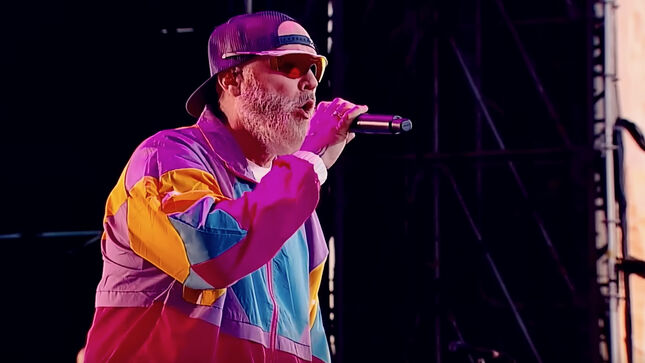hard rocklimp bizkitfred durst
16:54 Tuesday, 26 November 2024

Back in early October it was reported that Limp Bizkit and frontman Fred Durst are suing Universal Music Group (UMG) over allegations that the label owes the band more than $200 million, with Durst’s lawyers writing that he had “not seen a dime in royalties” over the decades — and that hundreds of other artists may have been treated similarly.
Now, Rolling Stone is reporting that Universal Music Group responded to Fred Durst’s fraud lawsuit for the first time last week, saying the Limp Bizkit frontman’s allegations against the company were “based on a fallacy” while motioning for the case to be tossed.
“Plaintiffs’ entire narrative that UMG tried to conceal royalties is a fiction,” the company said in their motion on Friday.
The response comes over a month after Durst first sued the world’s largest music company in October, alleging that the record company had “designed and implemented royalty software and systems that were deliberately designed to conceal artists’ royalties and keep those profits for itself.”
Durst and his attorneys claimed that UMG owed the band as much as $200 million, and that he’d “not seen a dime” in royalties before their inquiries. The suit accused UMG of fraud, negligent misrepresentation and copyright infringement. The suit also demanded Durst and the band receive full ownership of their music.
In the response, however, UMG said that the dispute started with a director at the company reaching out to Limp Bizkit‘s manager over email seeking to set up a vendor profile so the band could get their recording royalties. The business manager had told the UMG director that most of the band members had sold off their royalty shares, but over a year later, he emailed again, clarifying he was referring to publishing royalties, not the recordings. UMG said the email communications, which they included in their reply, “eviscerate” the fraud claims.
Read more at RollingStone.com.